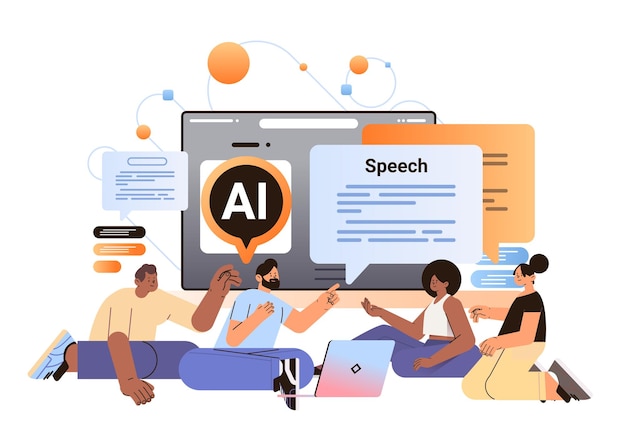

The rise of AI-powered content creation tools like ChatGPT, Google Bard has sparked much discussion around how Google will handle this new form of automated content in search rankings. Recently, Google's head of search addressed the issue and indicated that AI-generated content may actually be favored over lower quality human-written content.
In this post, let's examine why Google suggests they may rank AI content higher, the limitations involved, and how content creators should adapt to this emerging trend.
In a recent interview, Google's search head Prabhakar Raghavan stated that their systems are designed to rank the most helpful, highest quality content for searchers. He suggested that in cases where AI-generated content is more useful, original or comprehensive compared to poorer human-written content, Google's algorithms may indeed consider ranking it above.
Ultimately Google's goal is satisfying users, not judging how the content was created. So if an AI-powered piece of content better answers the user's query with factual accuracy, depth and better presentation, it aligns well with their goal of providing the most relevant results.
However, Raghavan also noted most current AI systems have limitations around depth, accuracy and putting information into wider context. So human-created content still has advantages in areas like:
So for extensive articles, complex research subjects, breaking news etc human skills and judgement still dominate. But simpler AI content may fare better against mediocre human output.
Another factor is the ease of generating vast volumes of AI content once the models are trained. Large sites or content farms can leverage these tools to mass produce thousands of articles or blocks of content cost-effectively.
This sheer volume can allow for more breadth and depth on a variety of long tail topics. If other sites only cover subjects narrowly or lack content variety, Google may favor those using AI for comprehensive content.
For individual writers and smaller firms competing with AI-generated content, the key will be playing to human strengths while also utilizing AI as an ally. Here are some ways to adapt:
With the right strategy combining human creativity and AI productivity, original content can continue thriving even as automated content production expands. But subpar content risks replacement by AI if not improved. The future will go to creators who adapt using AI while still delivering value, originality and purpose.
